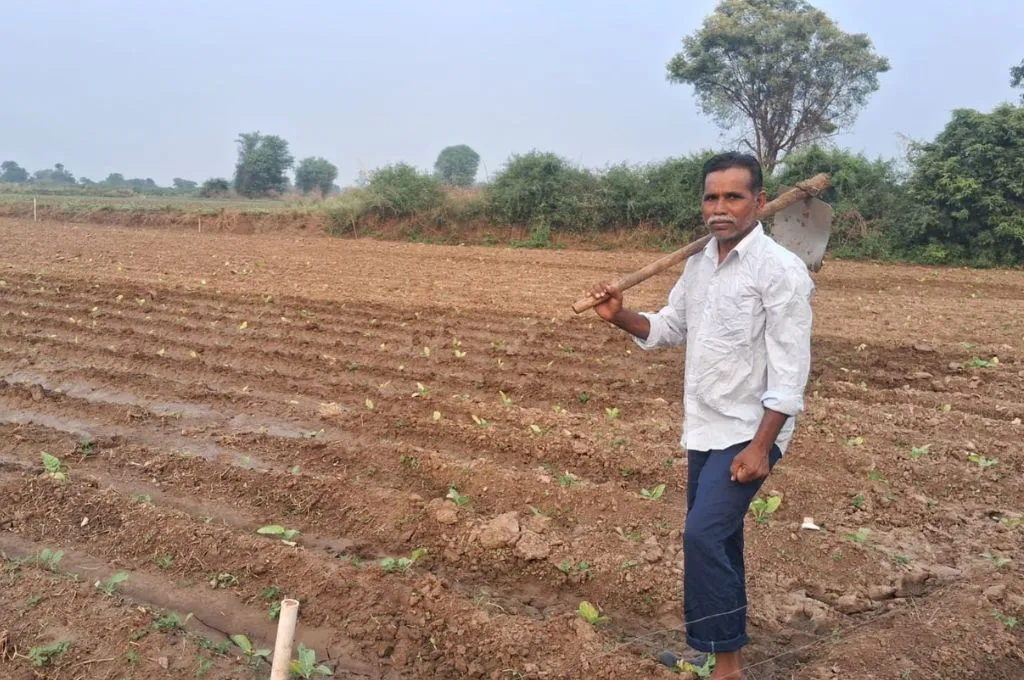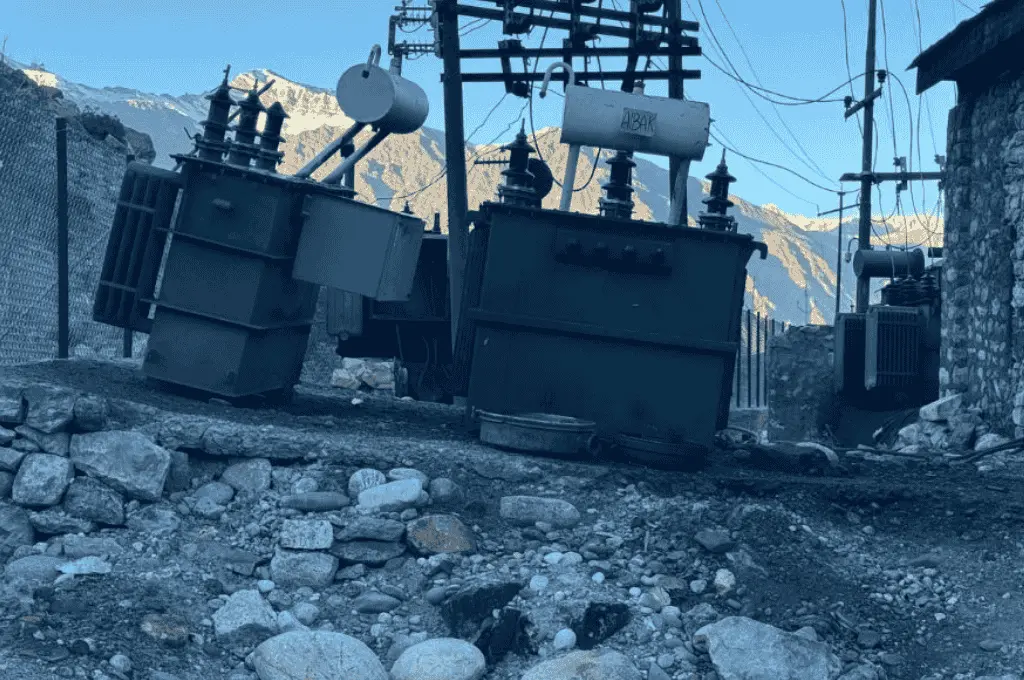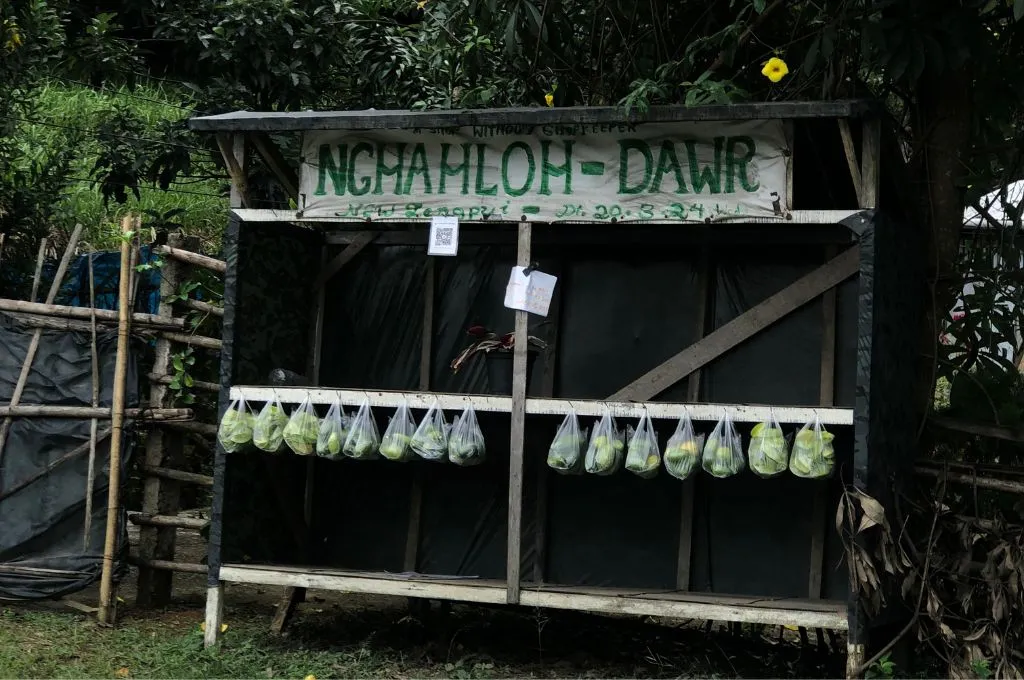In the rural pockets of Mayurbhanj district, Odisha, backyard poultry production is widespread, especially among the Santhal community residing here. The interesting thing is that backyard poultry production is not viewed here as an income-generating activity but with a savings mentality. These birds serve as an ATM for the community during times of distress or when they suddenly need cash.
In the Bhramargola village of Betanoti block, members of the Santhal community engage in a unique practice to support each other in taking up this enterprise. Backyard poultry production is very risk-intensive due to the high rate of mortality among the birds. Since all the birds belonging to a single family take shelter together at night, any type of infection or disease can quickly spread among the flock, sometimes even in a single day. At other times, a family might lose its entire flock to predators such as foxes and snakes. In such cases it becomes difficult for an ordinary family to restart backyard poultry production, since they would have to purchase birds or chicks from some other source.
But in Bhramargola village people solved this issue in a very innovative manner. They introduced a system called Vagavagi, which means ‘sharing’ in the Odia language. In this system, any family that wants to start backyard poultry production takes a pair of chicks (one male and one female) from a family that has more. Then the family rears them till they are adults. The adult birds lay eggs and hatch chicks, after which the chicks are equally divided between the borrower and the giver. The adult birds are sold in the market and this amount too is equally distributed between the two families.
This system helps to restart backyard poultry production after a shock and boosts the resilience of the community to face such disasters. It has also helped in stopping the flow of wealth outside the community since people don’t need to use cash to purchase chicks from the market.
Saswatik Tripathy works as a district coordinator at the Foundation for Ecological Security.
—
Know more: Read about how women in rural Assam see a world of possibilities in the barter system.
Do more: Connect with the author at tsaswatik.st@gmail.com to understand more about and support his work.



